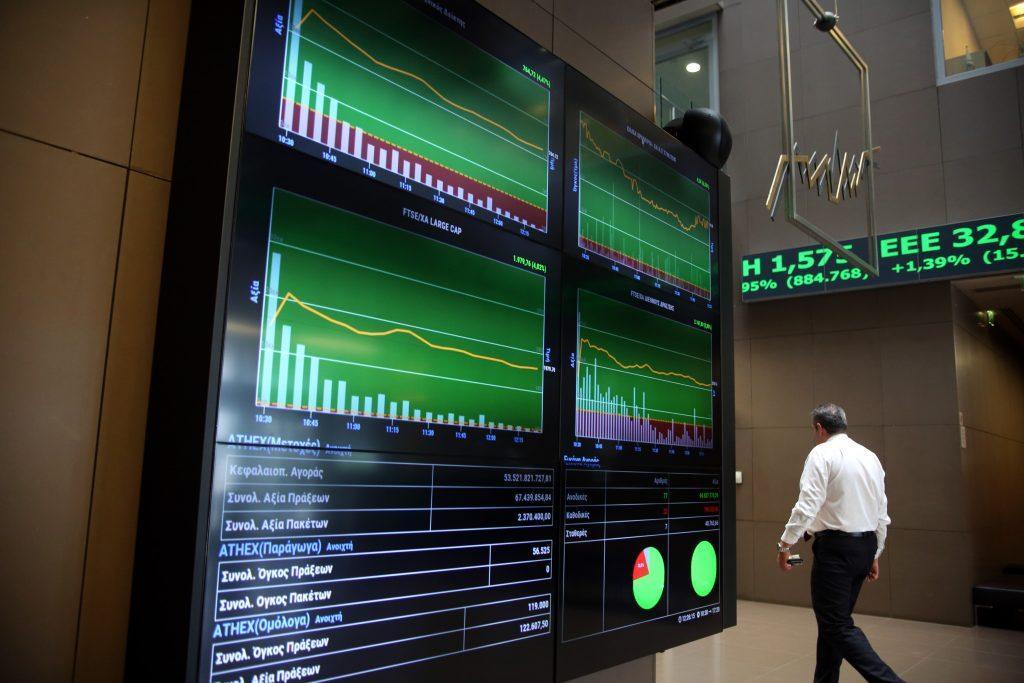Inflation in Greece for November marked a notable decline, falling by 0.8 percentage points, from 3.8 pct in October to 3 percent, as announced by Europe’s statistical authority, Eurostat.
The data by Eurostat showed that the Eurozone recorded an inflation rate of 2.4 percent, down from 2.9% in October, following September’s 4.3 percent.
Analyzing the principal components of inflation in the Eurozone, it is anticipated that in November, food, alcohol, and tobacco will exhibit the highest annual rates at 6.9 percent, a slight decrease from October’s 7.4 percent. Following closely are services with a rate of 4.0 percent, down from 4.6 percent in October, non-energy industrial goods at 2.9 percent, down from 3.5 percent in October, and energy with a notable decrease to -11.5 percent from -11.2 percent in October.
This breakdown provides insights into the varied inflationary pressures across different sectors, highlighting the nuanced impact on the overall inflation rate in the Eurozone for the month of November. As these components play a significant role in shaping inflation trends, monitoring their fluctuations is crucial for understanding the dynamics of price movements in the region.
According to the recent statements by Bank of Greece Governor Giannis Stournaras, the updated forecasts of the central bank indicate that inflation in Greece will follow a lower trajectory.
The provisional estimate for 2023 remains at 4.3 percent, but it now appears that inflation will decrease to 3.5 percent in 2024 and 2.2 percent in 2025, as opposed to the previous expectations of 3.8 percent and 2.3 percent, respectively.
The provisional estimates from the central bank are slightly more pessimistic compared to the projections of the Greek government.
Meanwhile, the OECD, in a report released yesterday, mentioned that the deceleration in inflation would be sluggish due to wage pressures amid labor shortages.
Specifically, based on Eurostat’s Harmonized Index of Consumer Prices, inflation is projected to decrease from 4.3 percent to moderate levels this year, reaching 2.8 percent in 2024 and further declining to 2.4 percent in 2025.
The core inflation rate, excluding energy, food, alcohol, and tobacco prices, is expected to decrease from 5.7 percent this year to 3.2 percent in 2024 and 2.5 percent in 2025. Regarding wages, it notes a 4.3 percent increase in the second quarter of this year on an annual basis.
Source: to vima.com








![Πληθωρισμός: Στο 2,8% τον Ιούνιο – Εκρηκτική αύξηση σε ενοίκια και ρεύμα [γραφήματα]](https://www.ot.gr/wp-content/uploads/2025/05/inflation-300x300.jpg)




















![Πληθωρισμός: Στο 2,8% τον Ιούνιο – Εκρηκτική αύξηση σε ενοίκια και ρεύμα [γραφήματα]](https://www.ot.gr/wp-content/uploads/2025/05/inflation.jpg)












